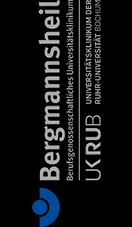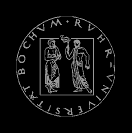Non-thyroidal illness syndrome (NTIS),
also referred to as euthyroid sick syndrome (ESS) or
thyroid allostasis in critical illness, tumours,
uraemia and starvation (TACITUS) is a complex
endocrine condition that may occur in critically ill
patients. It is associated with significantly
increased morbidity and mortality.
NTIS is characterised by three
components that may occur single or in combination:
1. central hypothyroidism (transient
thyrotropic insufficiency)
2. impaired protein binding of thyroid hormones and
3. reduced formation of T3 and increased conversion
to rT3 (low-T3-syndrome).
Despite of long lasting research to
some of its details, NTIS is still poorly
characterized in an integrative view. Additionally,
it lacks a clinically usable classification.
Given the fact that patients with
TACITUS are faced with poor prognosis, several
studies have been conducted in the past evaluating
the question of possible treatment. However, they
didn't yield unambiguous results, maybe due to the
fact that these studies did not differentiate among
the distinct components of NTIS.
Therefore, this study is intended to
develop a clear-cut definition and classification of
NTIS in order to set a foundation for future
therapeutic studies.
This study recruits critically ill
patients treated in medical and surgical intensive
care units of the Bergmannsheil University hospitals
for evaluation of integrative thyrotropic control
and follow-up. From these data the correlation of
individual prognosis with laboratory-defined
components of TACITUS will be determined.
This project is intended to:
1. deliver a prognostical aid by
providing a differentiated classification,
2. to contribute to a standardised, rational and
inexpensive diagnostical procedure and
3. to lay the foundation for future therapeutic
trials by identifying subgroups that may benefit
from therapy.
The AQUA FONTIS study is registered
in the database ClinicalTrials.gov of NIH (number NCT00591032).


